Titanic Sub Latest: Submersible Was “Not Fully Tested”
Victor Vescovo, an experienced deep-sea explorer, says it was "unsafe."
Victor Vescovo, an experienced deep-sea explorer, recently discussed the imploding Titan submersible during an interview on CBS Saturday Morning. The submersible, carrying five individuals, tragically resulted in no survivors. Vescovo, an accomplished individual with degrees from Stanford, MIT, and Harvard, spent two decades working in intelligence for the Navy. He has achieved remarkable feats, including climbing the highest peaks on all seven continents, skiing to both the North and South Poles, and venturing into space. Furthermore, he has explored the lowest points in the world’s oceans. Read on to learn his opinion about the tragedy and concerns about the security of the vessel.
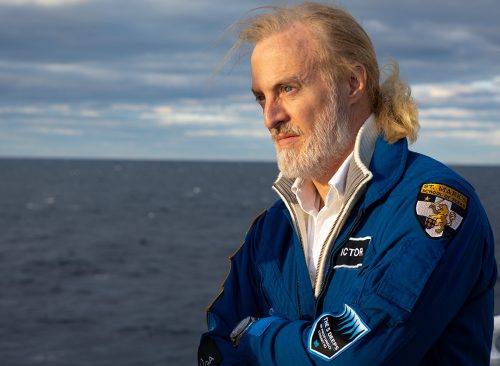
During the interview, Vescovo addressed concerns about potential mishaps and the reasons behind the submersible’s implosion. He mentioned that the submersible’s design, with its unconventional cylindrical shape and spherical pressure vessels made of metal, deviated from standard safety precautions. There were apprehensions within the submersible community about the potential for failure over time. Unfortunately, it appears that repeated dives ultimately led to the implosion.

When questioned about tightening regulations, Vescovo emphasized his belief that taking paying passengers on a submersible with limited testing, such as the one used to visit the Titanic, was unwise. He stated, “As an experimental vehicle, we’re always trying to push the boundaries of technology to make it more affordable and more accessible for scientists. But in this case, taking paying passengers to the Titanic on a submersible that was probably not fully tested was probably unwise.”
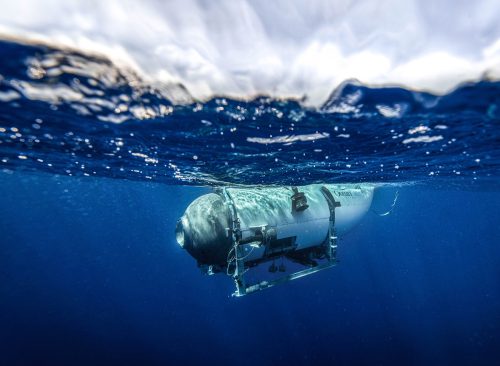
Regarding the significance of deep-sea exploration, Vescovo highlighted that 80% of the world’s oceans remain unexplored, with the potential to uncover vital information about climate change and other aspects of our planet. Marine research is often underfunded, and allowing individuals to pay for these expeditions can contribute to advancing our understanding of the marine environment.
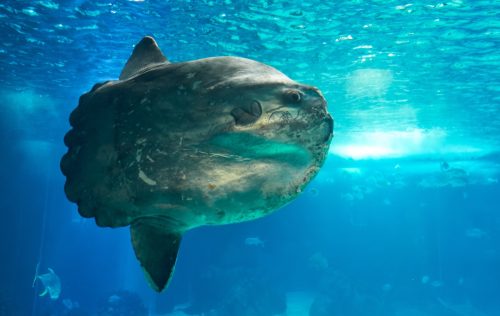
Vescovo stated, “Well, the oceans constitute 70% of our planet, and of those oceans, 80% are still unexplored. So half of the world is still completely unexplored. And yet there are all these concerns about climate change, and how does the world work? We still don’t understand many of the mechanisms of our world, and that can only be ascertained by doing more marine research, and it’s chronically underfunded. So having people pay to go to these places actually helps marine research.”
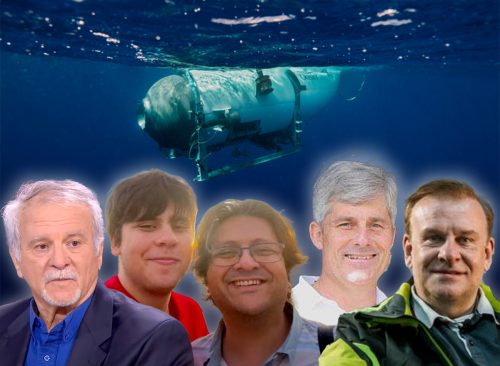
Vescovo knew two of the men on board the ill-fated submersible. When asked about what drove them to explore the edges of the world, he stated, “I think what pushes anyone that goes deep into the ocean and or to the tops of any mountains is a great curiosity about the world and wanting to experience it directly.” He described one of the men, a French naval commander, as being passionate about the Titanic and wanting to share that fascination with others. The other, Vescovo’s friend Hamish Harding, was someone who loved adventure and sought to experience as much of the world as possible.
RELATED: Titanic Sub Latest: Expert Describes Final Moments of Passengers

When asked if this incident made him reconsider future exploration endeavors, Vescovo expressed no hesitation. He stated, “No, not at all. Because for 35 years, there’s never been a fatality or even serious injury using submersibles to explore as long as they abided by pretty universal conventions of how they should be built and operated.”
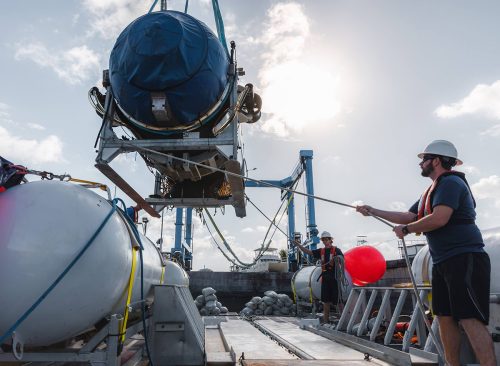
He firmly believes that exploration can be conducted safely, even with tourists, provided that submersibles are properly classified and operated. He added, “I believe that, yes. With properly classified and operated submersibles, absolutely. I’ve had two heads of state in my submarine down to the very bottom of the ocean or other places. So it can be done. It just needs to be done—like many things in life like air travel, or mountain climbing, it can be done safely, or it can be done in a way that’s actually not safe.”















